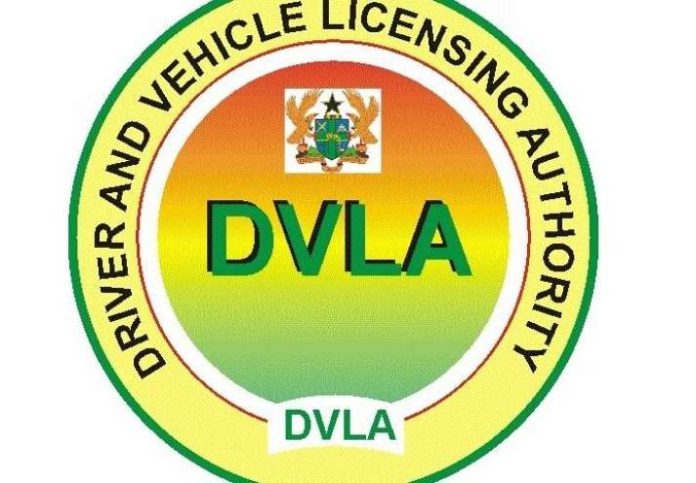The Driver and Vehicle Licensing Authority (DVLA) in compliance with Regulation 29 of the Road Traffic Regulation, 2012 (L.I. 2180) and in reinforcing its mandate of promoting road safety, has initiated the implementation of reforms in its eye test administration.
Speaking at a news briefing in Accra, the Director, Driver Training, Testing and Licensing (DTTL) at the DVLA, Kafui Semevo said provisions in the Law provide that an applicant for a driver’s licence must submit to the Licensing Authority a visual assessment result certified by a registered ophthalmologist or optometrist.
Over the years, he said, eye testing has been conducted by DVLA data entry staff who have not obtained any professional training or are certified as qualified optometrists or ophthalmologists as specified by Law, and as a result, the process and procedure for testing have not been standardised.
“The Law regarding this implementation has been in existence over the years and currently what the Authority seeks to do is to change the approach in this implementation,” he said.
Mr Semevo said a review of the processes and many other weaknesses in the eye testing system has informed the Authority to respond and provide interventions to eradicate the weaknesses identified and conform to the provisions in the Law and international best practice.
The Authority, he said, has put measures in place to facilitate the smooth implementation of the reforms which will be in two phases.
Phase 1 of the implementation which commenced this month, comprises applicants of categories A, B & E licences while phase 2, would involve applicants or renewal of driver’s licences, upgrade of driver’s licences, conversion of foreign driver’s licences, proficiency test, accident reporting as well as traffic offending drivers referred to the Authority.
The reforms, Mr Semevo noted, seek to standardise the testing processes and procedures and to conform to the Law as required that; eye tests are conducted and certified by only registered optometrists or ophthalmologists in compliance with Regulation 29(5) of L.I. 2180.
He indicated that apart from persons with good vision who would be licensed to drive or ride, the reform, will help persons with vision problems and recommend treatment for them.
Mr Semevo said the reform will also ensure that safety on the roads is enhanced.
“In our quest of reducing congestion at our offices and going digital with our services, DVLA intends to introduce an online driver’s licence renewal service so that applicants who want to renew their licenses will upload their vision test results and complete the process online,” he announced.
The Director DTTL said results of the test which would be certified by a registered ophthalmologist or optometrist would be transmitted electronically to DVLA through a portal and that effective systems have been put in place not to utter the system and warned that any service providers who attempt to compromise the system would not be spared.
On fees and charges, he said, prospective applicants and existing drivers would pay GHC 70.00 and GHC 50.00 respectively.
These charges he explained are 70% lower than the standard fees charged at the eye clinics.
He urged applicants and drivers to undergo an eye test at the designated eye centres in compliance with the Law and to enhance their own safety and the safety of other road users.
The President of the Ghana Optometric Association, Dr Remi Ninkpe, said the reform is very essential and has the tendency of reducing to the barest minimum the incidents of road accidents because it would afford drivers the opportunity to see well and interact well with the road environment.
He said road signs are colour-coated and many people have problems distinguishing between colours which impede their driving sometimes.
“Don’t be surprised seeing some drivers run through the red light, probably, because he or she did not see the red was on,” he said.
Dr Ninkpe said a driver’s brain and the eyes must work together but sometimes it doesn’t happen like that so a neurological assessment of one’s eye is important to be assured that the driver out there sees well.

